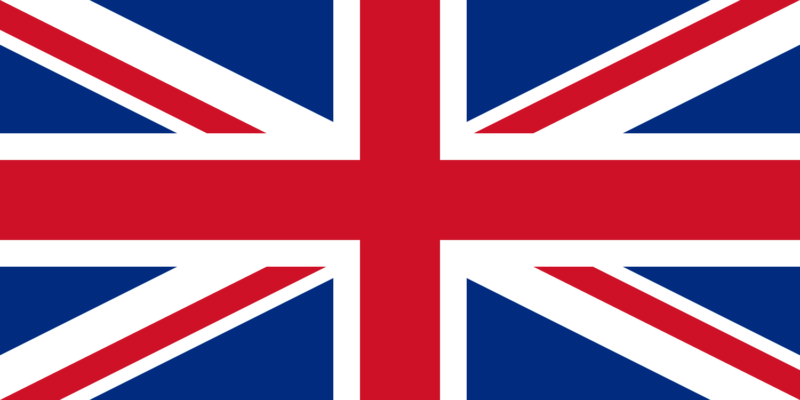How Diversity Destroyed The British Empire
We point out here that diversity is the grave of empires, but often this takes a long time to play out enough to be seen. Certainly former desired destinations like South America and South Africa have suffered under diversity and, in the modern era, shown symptoms more quickly.
Perhaps one of the best examples however comes from the United Kingdom, where Parliament holding back funds from the aristocracy provoked a disastrous series of events that culminated in civil war with the non-English parts of the kingdom:
The English Civil Wars are traditionally considered to have begun in England in August 1642, when Charles I raised an army against the wishes of Parliament, ostensibly to deal with a rebellion in Ireland. But the period of conflict actually began earlier in Scotland, with the Bishops’ Wars of 1639–40, and in Ireland, with the Ulster rebellion of 1641. Throughout the 1640s, war between king and Parliament ravaged England, but it also struck all of the kingdoms held by the house of Stuart—and, in addition to war between the various British and Irish dominions, there was civil war within each of the Stuart states.
The Irish kicked off the civil war with a clash between Protestants and Catholics, generally held to be proxies between the Semitic Irish and the ethnic Scots who inhabited Northern Ireland. Scotland got in on the action with its own religious wars and desire for independence, rapidly resulting in chaos.
Nascent democracy in the form of Parliament had refused to provide funds for the British Navy, causing manipulation of taxes that set the stage for the mess to detonate. With different ethnic groups inhabiting Britain, Wales, Scotland, Cornwall, and Ireland, the empire was already divided and the civil wars weakened it further.
Tags: diversity, english civil wars, ireland










